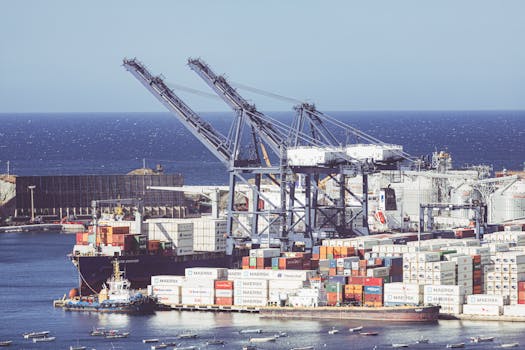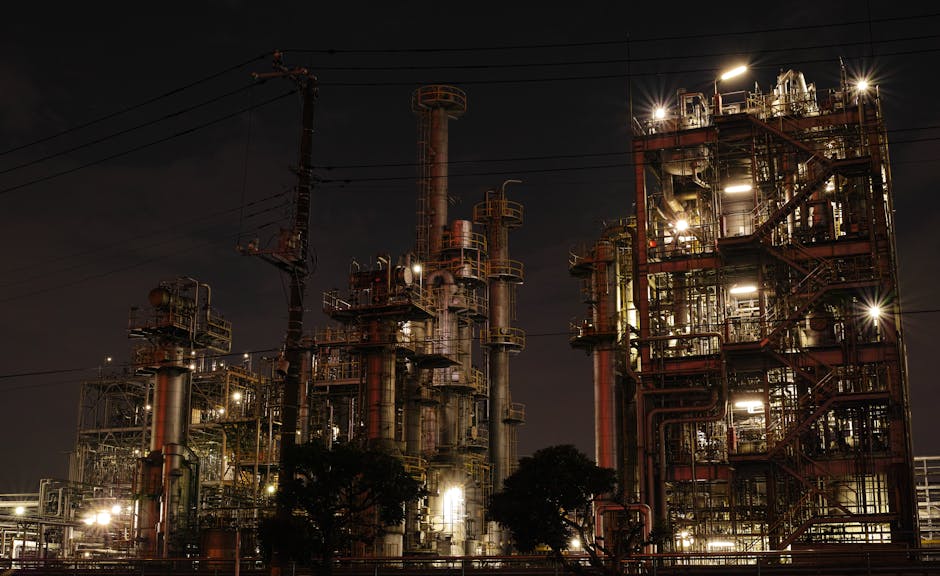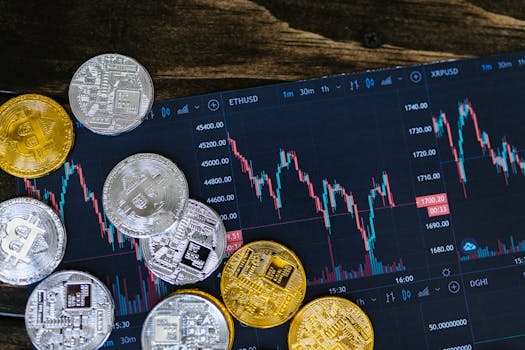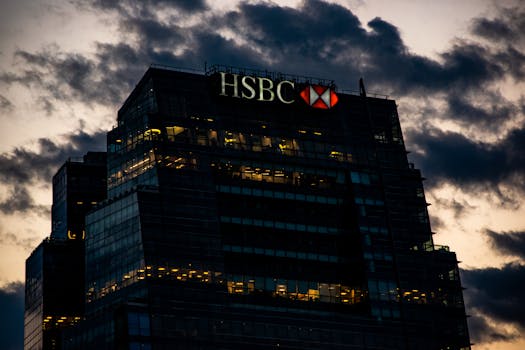Companies with the best and the worst technicals.
Lists of companies in NSE500 with the best and the worst technicals...
Lists of companies in NSE500 with the best and the worst technicals...
Lists of companies in NSE500 with the best and the worst fundamentals...
List of the latest important filings for NSE500....

The potential closure of the Strait of Hormuz by Iran could lead...

An in-depth analysis of Amazon's recent workforce reductions in 2025, focusing on...

Examining the implications of Nippon Steel's acquisition offer for U.S. Steel, focusing...

On June 22, 2025, three strikes were carried out jointly by the US and Israeli forces against Iran's nuclear enrichment facilities. The event is likely to send ripples through global markets and rekindled fears of a supply shock reminiscent of earlier crises. As the world grapples with the implications of this event, questions regarding inflation and economic stability take center stage.
With Iran being one of the leading oil producers globally, the damage inflicted by the bombings could disrupt not just the Iranian economy but could also created chaos within international oil markets. Brent crude, the international benchmark, are likely to rise within hours of the markets opening. This is likely to cause a chain reaction which will ultimately cause inflation to rise.
This surge is not only a reaction to the immediate threat but is also a reflection of underlying vulnerabilities in global supply chains that have yet to recover fully from the impacts of the COVID-19 pandemic and subsequent geopolitical tensions.
Today’s interconnected global economy implies that disruptions in one region can have far-reaching consequences. Following the recent tensions, key Gulf states, including Saudi Arabia and the United Arab Emirates, have ramped up production to mitigate supply deficits from Iranian oil, which previously accounted for nearly 4% of the world's crude supply.
Reports from the International Energy Agency (IEA) indicate that global oil inventories have already entered a precarious state. With a reported decline in inventories by approximately 90 million barrels since the beginning of 2025, any sustained decrease in Iranian output could lead to a swift correction that many economies are ill-prepared for.
Inflation rates in multiple countries are already on the rise, with the latest figures showing an average global inflation rate of 6.2%. Economies that are dependent on oil imports, particularly in Europe and Asia, are poised to feel the immediate effects of rising fuel costs. For instance, countries like Germany and Japan may see inflation levels climb above 7% if oil prices continue to accelerate in the wake of the conflict.
The most recent data from Eurostat highlighted that energy prices alone contributed to over 40% of the inflation rate across the Eurozone, emphasizing how correlated energy supply disruptions are with overall economic stability.
As this crisis unfolds, central banks, including the Federal Reserve and the European Central Bank, are treading cautiously. With rising inflationary expectations, many economists speculate that the Fed may adopt a more aggressive stance on interest rates to curb inflation before it spirals out of control. Current projections suggest that inflationary pressures could lead to a 0.75% hike in interest rates by late July, a significant move for policymakers.
However, such actions come with their own risks. Higher interest rates may slow down economic growth, which is already fragile in many regions. The need for a balancing act is critical, as central banks need to consider not only inflation but also the potential for a recession.
The ripple effects of the bombings extend beyond just oil, influencing broader commodity markets. As oil prices surge, natural gas and coal prices are also responding to changing dynamics, with natural gas prices climbing nearly 15% in Europe over the past week. This shift raises concerns about energy security and increased costs for consumers and businesses alike.
A significant factor in this trajectory is food production, particularly in Europe, where energy costs heavily influence agricultural outputs. Fertilizer prices have already increased by 25% in response to energy cost rises, drawing concerns over the potential for food inflation in regions that are heavily dependent on agricultural imports.
In addition to economic ramifications, the bombings in Iran have sparked discussions around geopolitical stability in the Middle East. The United States and its allies are closely monitoring developments, with potential military responses being considered.
Any escalation in military action could further destabilize one of the world’s most oil-rich regions, thereby exacerbating supply chain disruptions. The presence of strong military action may also send shockwaves through global financial markets, inciting a flight to safety among investors and further complicating economic recovery efforts.
As we stand on the precipice of what could be another major supply shock in the form of soaring energy prices, businesses and consumers must brace for shifting dynamics. The interactions among inflation, central bank policy responses, and geopolitical factors make for a complex landscape that will demand close monitoring.
The coming weeks and months will be critical as stakeholders attempt to gauge the full implications of the Iran bombings on global inflation and economic stability. With many uncertainties ahead, proactive measures will be essential in navigating this evolving paradigm.

Significant legislative momentum is building in the U.S. Senate regarding stablecoin regulation,...

The article examines the internal debates within the Bank of England regarding...